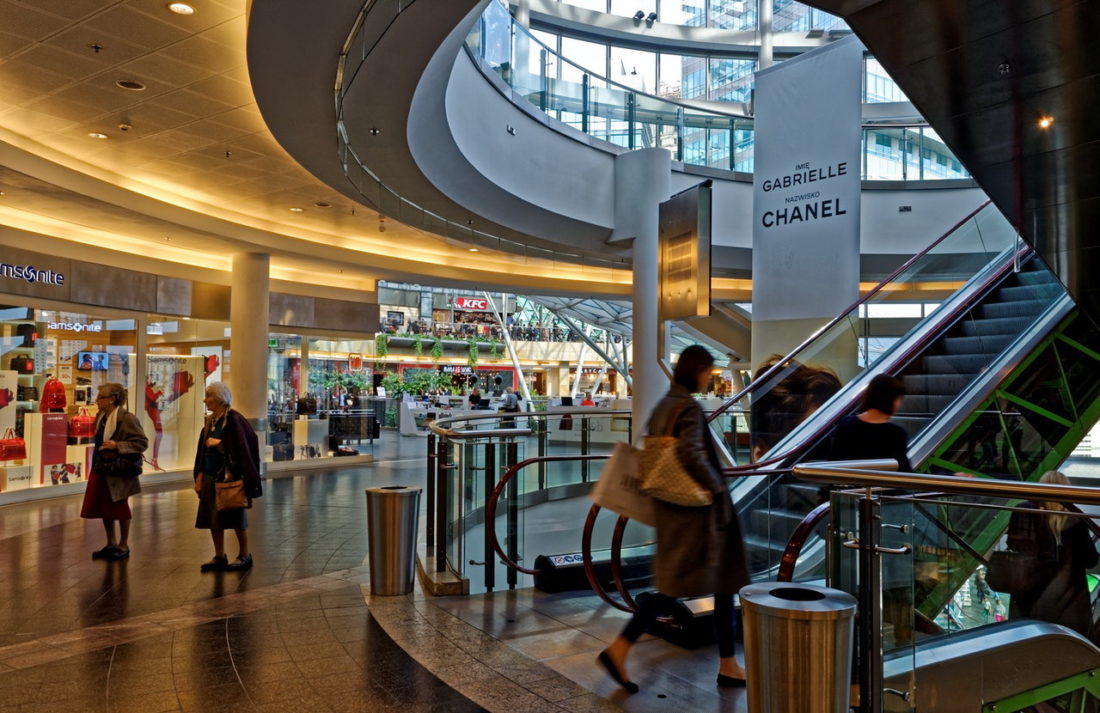5 Reasons why Britain’s Retailers Can’t Make Ends Meet

A decline in consumer spending coupled with many other varied factors such as bad weather, pressure on household budgets, and the period within which Easter celebrations coincided, has led to a sudden decline in business for Britain’s retailers. The Office for National Statistics showed, in their latest official retail sales figures, that sales volumes in March were down by 1.2% as a result of weather conditions.
Britain’s retailers went through the sharpest drop in sales, since 22 years ago, in April. KPMG and the British Retail Consortium (BRC) have discovered that sales were down by as much as 3.1% in April. This is said to be the most recent evidence that depicts the economic slowdown of the nation since the beginning of the 2018 business year.
Despite the consoling reality that wages are beginning to rise ahead of the rate at which prices are rising, expenditure on non-food items by consumers has been negligible since the beginning of the year. As a result of this, Britain’s retailers are of the notion that this state of affairs might continue through the rest of the year.
The Reasons for the decline in sales causing Britain’s retailers to experience difficulty in making ends meet
- Online competitors: online sales of non-food items have risen by 7.5% during the past year. This is as a result of an increase in consumer spending online. The ease of shopping on the internet rather than visiting the high street has led to an increasing difficulty to make sales. Competitive prices from around the world have provided alternative options for consumers.
- Poor Management: Retailers have been unable to adapt their businesses to the fast growing world of digital marketing and sales. They have also found it difficult to key into home deliveries which online businesses do to obtain profits.
- Pressure on consumer budget: inflation rose to 3% as wages remained at 2% and 2.5% in the previous year. Low wages and a decline in productivity caused by a lack of investment by British business, coupled with pressure from rising vacancy rates being offset by a rise in Brexit uncertainty and the rise in self-employment and part-time jobs have caused household incomes to fall backwards.
- Consumption decline: British consumers seem to have reached their consumption peak after years of increased spending on material possessions. The youth have also adopted the trend of renting rather than buying items so as to save costs. According to the latest data on Visa, spending on household goods and clothing are steadily declining. However, there doesn’t seem to be any noticeable decline in consumer spending on hotels, pubs, bars, and restaurants.
- Rise in Costs: The cost of obtaining goods abroad has risen as a result of the fall in the value of the pound. Wages have also risen due to a rise in the legal minimum wage, the imposition of the apprenticeship levy, and a rise in business rates, making it more difficult to hire skilled workers.
Overcoming these problems is another conversation all together, but an awareness of the wider marketplace and appropriate business protection is likely to be a good place to start.
FOLLOW US ON FACEBOOK
RECENT POSTS
TAGS
About The Memory Hole
You've reached TheMemoryHole.org! A diverse lifestyle blog with content on a variety of different topics to help you define and live the life you want to live! Thanks for stopping by!
Copyright © The Memory Hole. All rights reserved.








